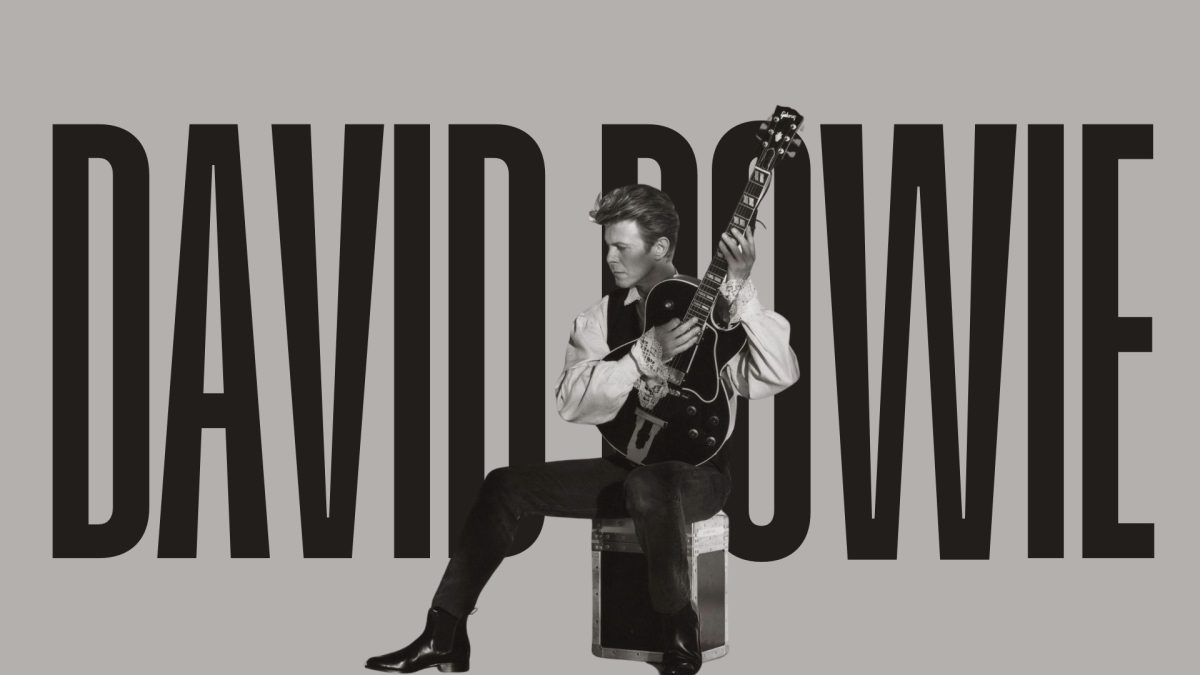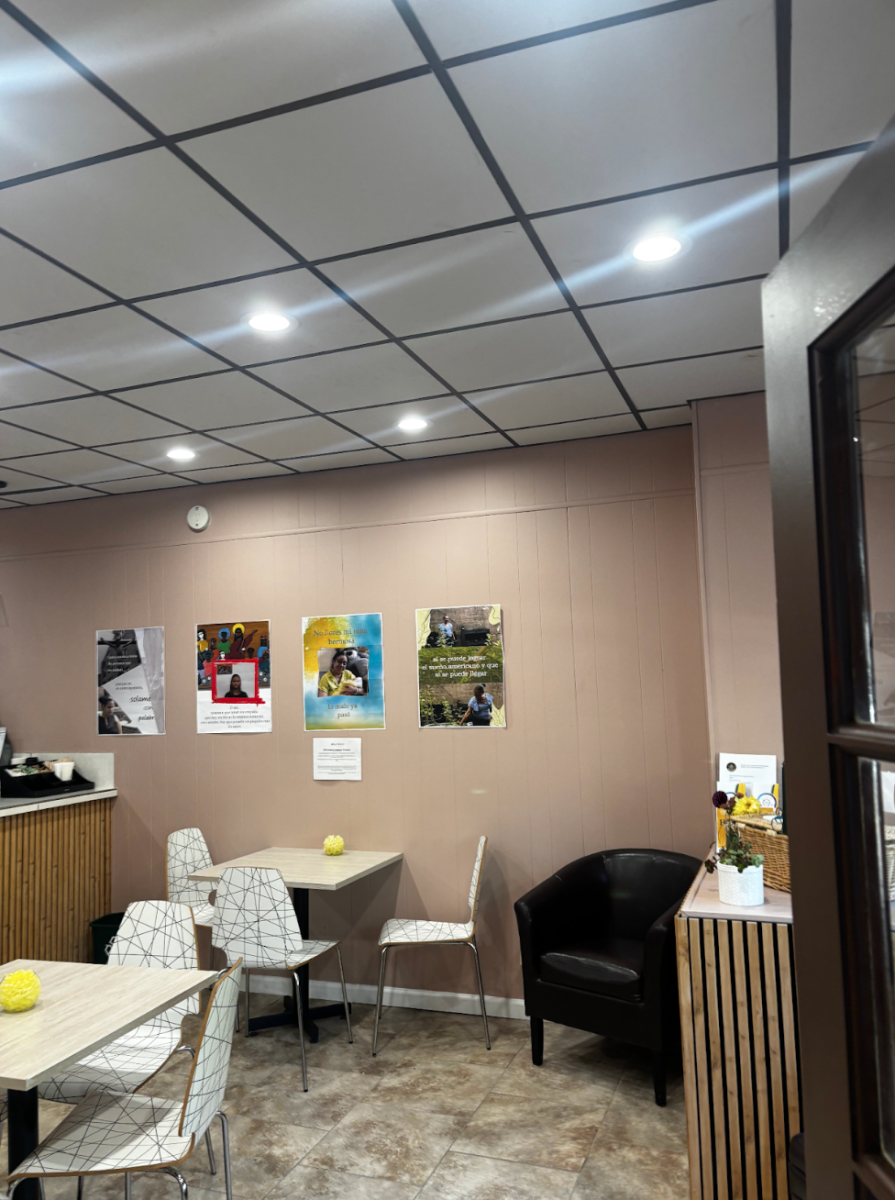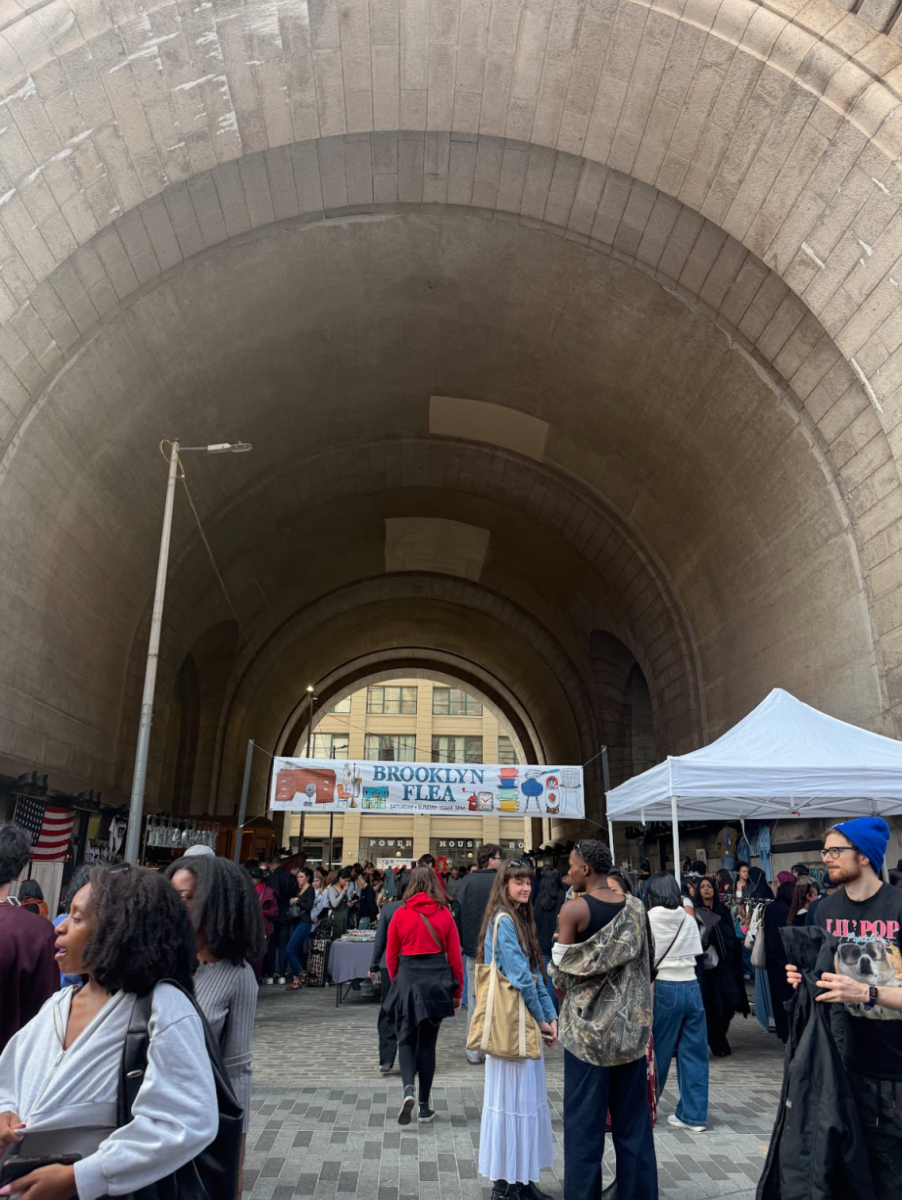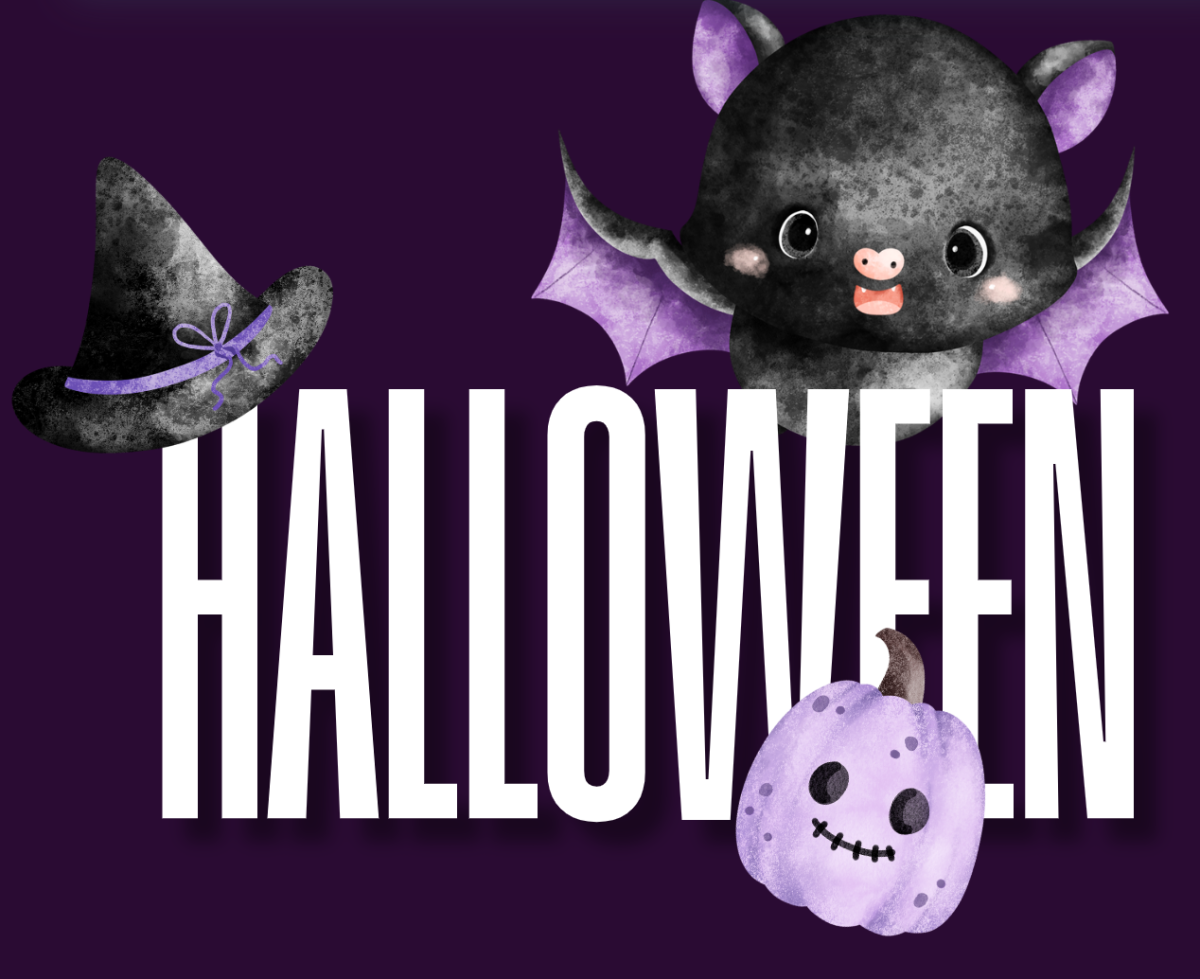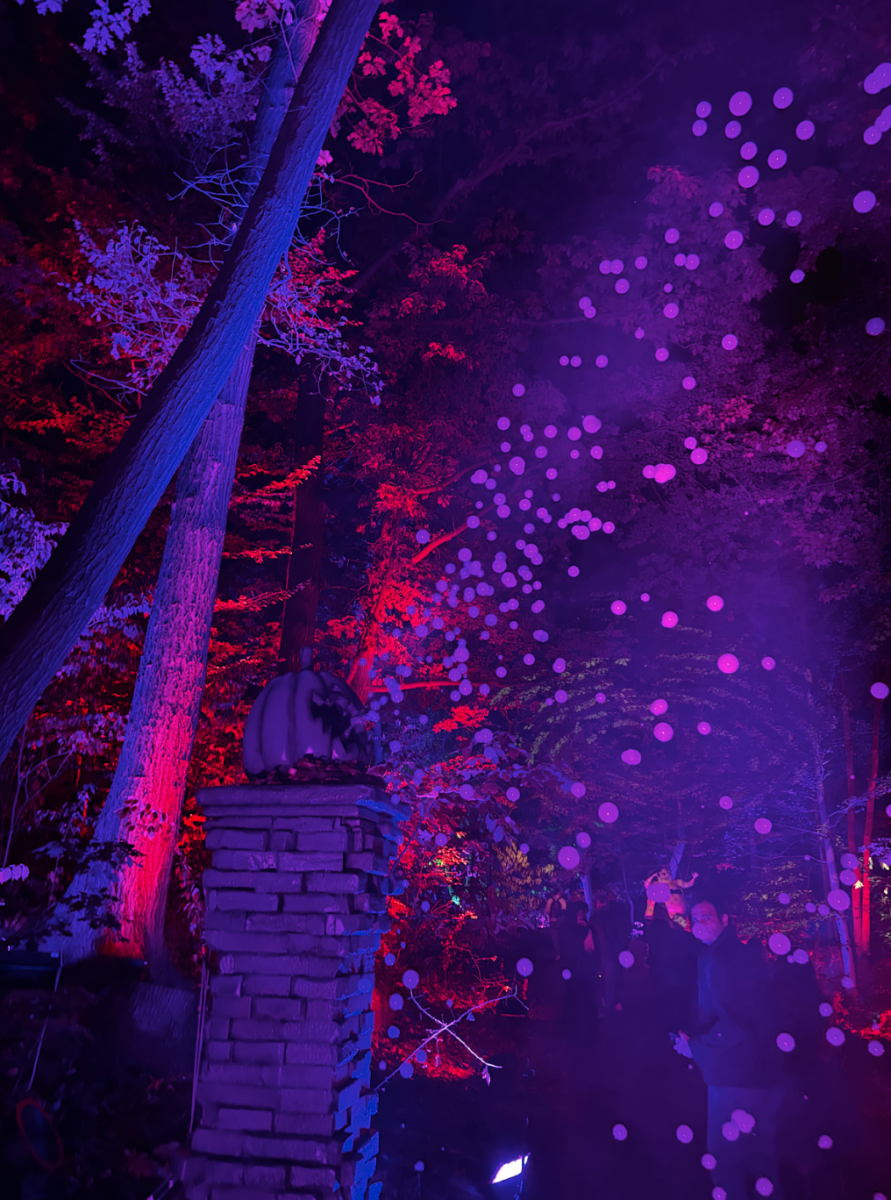Music is ambiguous. Evasive. Formless. It begins as an idea in the mind of the composer. Slowly it manifests itself through instruments, voices and noises. It is still an idea, but connected to physical output. Then it grows increasingly tangible. It goes into a machine where it is tampered with. Reconstructed by human hands. At its most accessible, it is a disc, a cassette or even a series of notes on a piece of paper. Yet every time, in its final stage, it returns to an idea. Interpreted by an entirely new mind. In this way, it can be defined best as only one thing: unique. A song’s journey to each soul is marked by a different path. Along the way, it plays with emotions and the context of our lives before it finally forms a connection. This relationship is confusing, and many live without understanding how it can change the narrative of their lives. So, in this article, I am going to provide two examples of times that music has adapted to the context of my own experiences and relationships.
Music as a Healer: A few weeks ago, I fell into a deep depression. Typically, I would listen to Prince to get back on track. However, not even some synth-laced funk could lend a helping hand given the problems I found myself plagued with. Thankfully, before I could dig a deeper hole, Valentine’s Day had rolled around. My girlfriend and I watched “Notting Hill,” which provided me with a sense of gratitude that shifted my emotions drastically. Still, I needed something to break through to the other side of the emotional spectrum. So, I settled on Bobby Brown’s “Roni.” It only took me a minute to start dancing around my dorm room, passionately singing along to an imagined audience. At once, my perspective had shifted. An outlook that was once pessimistic filled with hope and positivity. All it took was a few notes, some consonance and a light tenor voice. Music operates this way. If you provide an opportunity for elevation, a great song will be that step towards happiness.
Music as a Depressant: For this description, I will preface with the discovery of the song. My dad is a deeply involved audiophile, as I am. He has a speaker system in his home that can play any song he’d like at any time. One evening we were sitting by the fire, having a deep conversation on subjects that are not relevant to this story. As we discussed, he paused to play a specific song that he thought fit the mood, Atlas Sound’s “Quick Canal.” I was young at the time, so I did not understand the magnitude of this moment. All I heard was a barrage of electric drones and guitars, followed by a few verses of gibberish.
The connection only came a few years later on a drive to Tennessee. I was about to move away for college, marking a dramatic shift from my relationship with my parents. As I browsed songs to remind me of the life stage I was leaving behind, I once again stumbled upon “Quick Canal.” Driving through the Shenandoah Valley at sundown, I listened to the song as I thought back to the night I first heard it, sitting with my dad by the fire. What was once a small, seemingly insignificant moment had reinvented itself as a crucial memory of my youth. As I listened, I transferred back and forth between the memory and the gorgeous landscape that surrounded me, the two moments connected by the bridge of song. My heart filled with dread, as my driving further from home came to symbolize a departure from a guarantee of love and parental care, into an unknown realm. Music, unlike any other art form, has a deep connection to the strongest human emotion: nostalgia. A word that, in Greek, refers to the suffering that one endures when wanting to return home. When necessary, music can light an untraversable path. A mere illusion of a place or time that no longer exists. This is painful, yet beautiful.
These two examples are heavily contrasting, but in that way they accurately are able to display how differently music can affect the emotional spectrum. In one instance, it can dissipate the cloud of anguish, providing a unique ability to broaden the picture and expose the beauty of the world to the listener. Adversely, however, it can access our deepest memories. Ones that live in the realm of our subconscious. By accessing these, our vulnerabilities become lucid. Exposing the darkest areas of our being and potentially harnessing the most painful moments. Music can uplift, it can sting, it can inspire and it can dishearten. Regardless, it is powerful, incredibly potent and able to tap into an unforeseen level of thinking. In many ways, music essentially serves as clarity for the soul. Without caution, it will harm and cause suffering. But, in the end, one could leave impacted by the intensity of their own experience.





































































































































































































